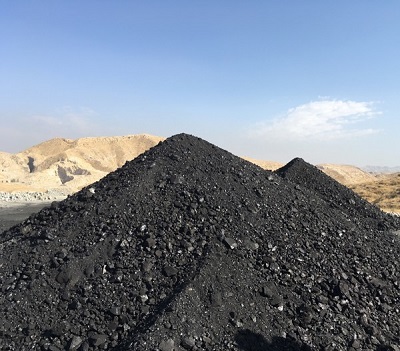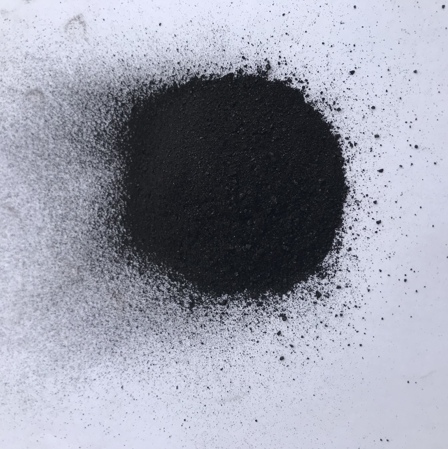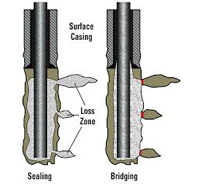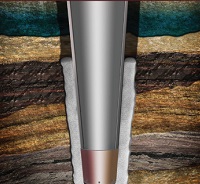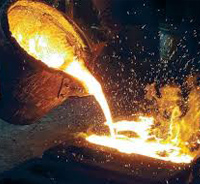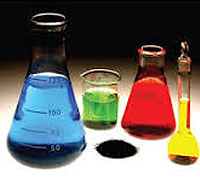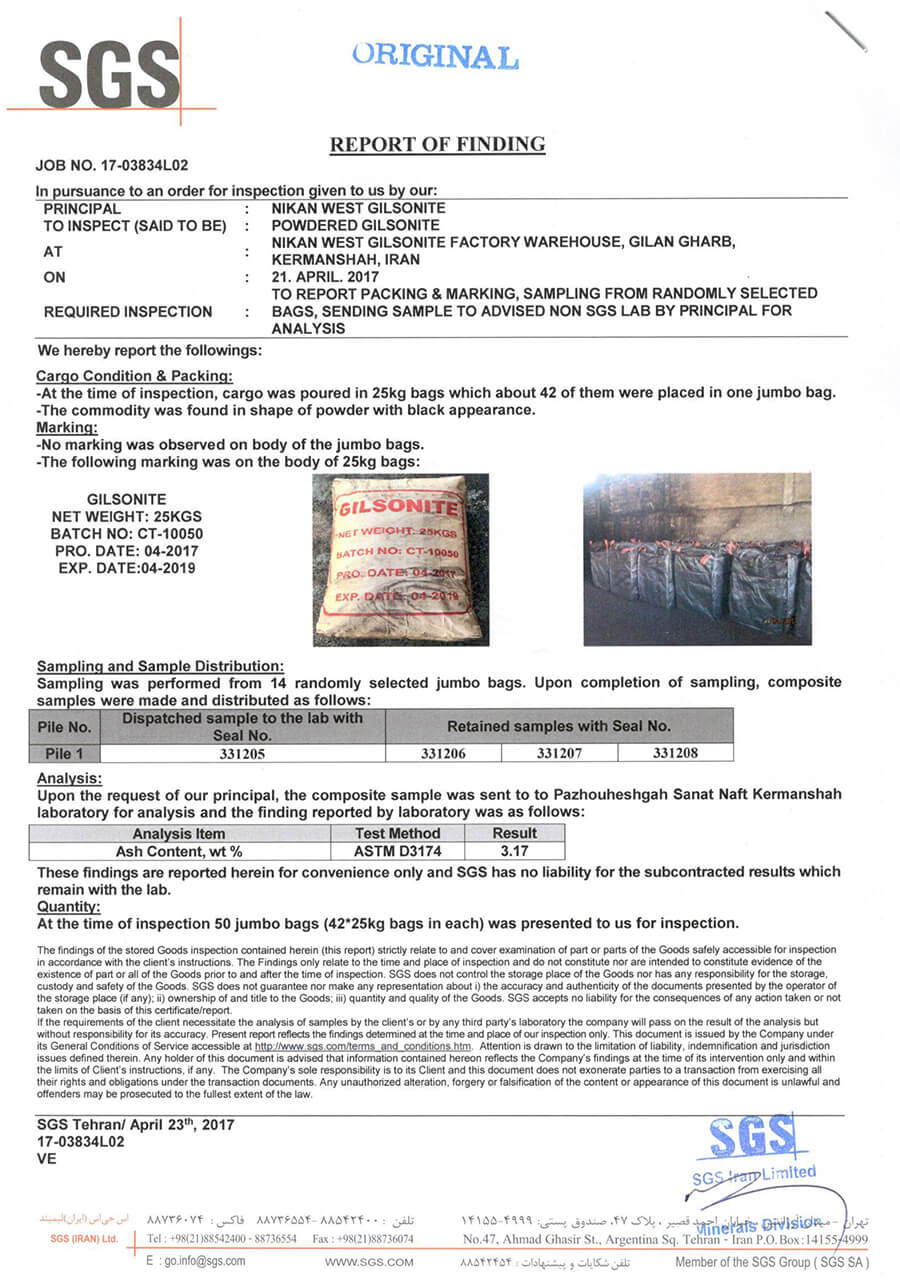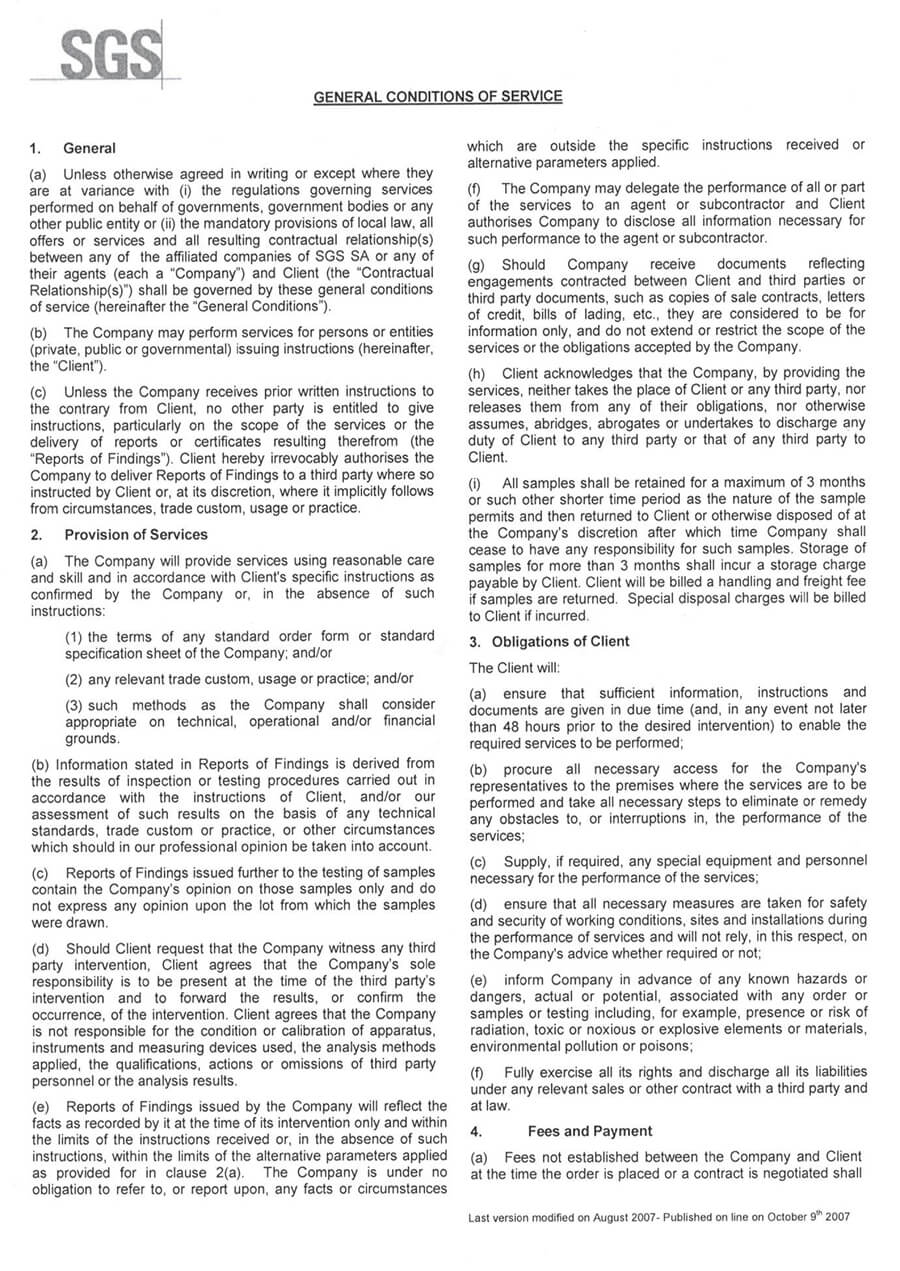
What is HS CODE?
The Harmonized Commodity Description and Coding System generally referred to as “Harmonized System” or simply “HS” is a multipurpose international product nomenclature developed by the World Customs Organization (WCO).
It comprises about 5,000 commodity groups; each identified by a six digit code, arranged in a legal and logical structure and is supported by well-defined rules to achieve uniform classification.
The system is used by more than 200 countries and economies as a basis for their Customs tariffs and for the collection of international trade statistics. Over 98 % of the merchandise in international trade is classified in terms of the HS.
The HS contributes to the harmonization of Customs and trade procedures, and the non-documentary trade data interchange in connection with such procedures, thus reducing the costs related to international trade.
It is also extensively used by governments, international organizations and the private sector for many other purposes such as internal taxes, trade policies, monitoring of controlled goods, rules of origin, freight tariffs, transport statistics, price monitoring, quota controls, compilation of national accounts, and economic research and analysis. The HS is thus a universal economic language and code for goods, and an indispensable tool for international trade.
The Harmonized System is governed by “The International Convention on the Harmonized Commodity Description and Coding System”. The official interpretation of the HS is given in the Explanatory Notes (5 volumes in English and French) published by the WCO. The Explanatory Notes are also available on online and on CD-ROM, as part of a database which groups all the available HS Tools, by adding to the information on the Nomenclature, the Compendium of Classification Opinions and the Explanatory Notes, that relating to the Alphabetical Index and the Brochure on Classification Decisions taken by the Harmonized System Committee.
The maintenance of the HS is a WCO priority. This activity includes measures to secure uniform interpretation of the HS and its periodic updating in light of developments in technology and changes in trade patterns. The WCO manages this process through the Harmonized System Committee (representing the Contracting Parties to the HS Convention), which examines policy matters, takes decisions on classification questions, settles disputes and prepares amendments to the Explanatory Notes. The HS Committee also prepares amendments updating the HS every 5 – 6 years.
Decisions concerning the interpretation and application of the Harmonized System, such as classification decisions and amendments to the Explanatory Notes or to the Compendium of Classification Opinions, become effective two months after the approval by the HS Committee. These are reflected in the amending supplements of the relevant WCO Publications.


